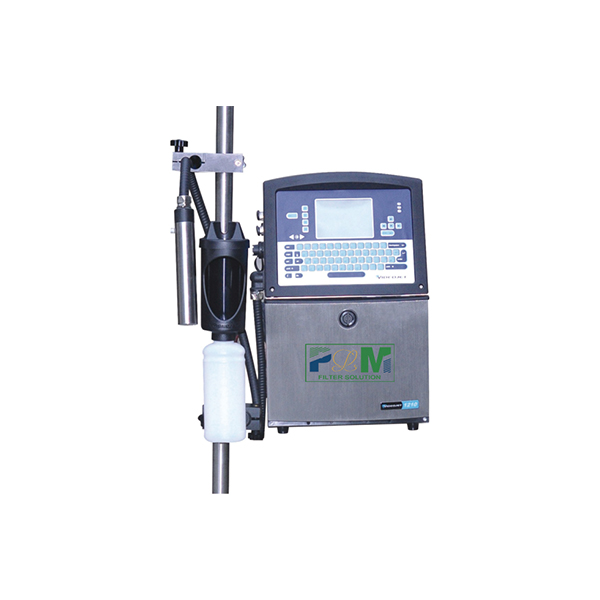Jul . 26, 2024 06:07 Back to list
Innovative Approaches to Achieving High-Quality Wastewater Treatment for Sustainable Water Management Solutions
High-Quality Wastewater Treatment Ensuring a Sustainable Future
In today’s rapidly industrializing world, the importance of high-quality wastewater treatment cannot be overstated. With urban populations growing and industrial activities increasing, managing the discharge and treatment of wastewater has become a critical environmental challenge. Effective wastewater treatment is essential not only for protecting public health but also for preserving our ecosystems and ensuring the sustainability of water resources.
Wastewater, which includes sewage and industrial effluents, contains a variety of pollutants such as organic matter, nutrients, heavy metals, and pathogens. When released untreated into the environment, these contaminants can have devastating effects on water bodies, harming aquatic life and disrupting ecosystems. Moreover, they pose significant risks to human health, particularly in communities reliant on local water sources.
High-quality wastewater treatment involves a series of processes that remove harmful substances from wastewater before it is released back into the environment or reused. The primary goal is to produce effluent that meets or exceeds regulatory standards, ensuring that it is safe for discharge into natural water bodies or for reuse in irrigation, industrial processes, or even as drinking water in advanced treatment systems.
The Importance of Advanced Treatment Technologies
Modern wastewater treatment plants utilize advanced technologies to enhance the quality of the treated effluent. Processes such as biological treatment, membrane filtration, and advanced oxidation are increasingly employed to effectively remove a wide range of contaminants. Biological treatment, for example, uses microorganisms to degrade organic pollutants, while membrane filtration separates fine particles and pathogens, ensuring a high level of purification.
Another critical aspect of high-quality wastewater treatment is the removal of nutrients, particularly nitrogen and phosphorus, which can lead to eutrophication in water bodies. Eutrophication results in harmful algal blooms that deplete oxygen in the water and can be toxic to aquatic life and humans. Advanced nutrient removal technologies are being implemented in many systems to mitigate this problem, ensuring that treated water can be safely reintroduced into the environment.
high quality wastewater treatment

Reuse and Resource Recovery
The concept of wastewater reuse has gained traction as a sustainable solution to water scarcity. Treated wastewater can be repurposed for agricultural irrigation, industrial processes, and even potable applications in some regions. This not only alleviates pressure on freshwater resources but also enhances the overall efficiency of water use. Moreover, the recovery of valuable resources from wastewater, such as biogas, fertilizers, and reclaimed water, contributes to a circular economy and promotes sustainability.
Challenges and Solutions
Despite the advancements in technology and increased awareness of the importance of high-quality wastewater treatment, several challenges remain. Aging infrastructure, insufficient funding, and lack of public awareness can impede progress in many regions. To address these issues, governments and organizations must invest in modernizing wastewater treatment facilities, promoting research and innovation, and educating the public about the benefits of proper wastewater management.
Moreover, stringent regulations and policies must be implemented to ensure that industries comply with environmental standards. Collaborations between governmental bodies, private sectors, and communities are vital to drive change and promote sustainable practices in wastewater management.
Conclusion
In conclusion, high-quality wastewater treatment is crucial for safeguarding our health, protecting the environment, and ensuring the sustainability of our water resources. As we confront the challenges of population growth and climate change, investing in advanced treatment technologies and promoting water reuse will be essential. By committing to responsible wastewater management, we can pave the way for a cleaner, healthier, and more sustainable future.
-
PLAB-6 A B Two Compounds Filter End Cap Gluing Machine - Hebei Filter Man | Precision Adhesive Application, Efficient Production
NewsAug.15,2025
-
PLAB-6 A B Two Compounds Filter End Cap Gluing Machine-Hebei Filter Man
NewsAug.15,2025
-
PLAB-6 A/B Two Compounds Filter End Cap Gluing Machine - Hebei Filter Man
NewsAug.15,2025
-
Premium Active Carbon Air Filter for Purifiers - Odor & VOC Removal
NewsAug.15,2025
-
PLAB-6 A B Filter Gluing Machine - Hebei Filter Man
NewsAug.14,2025
-
PLAB-6 A B Two Compounds Filter End Cap Gluing Machine-Hebei Filter Man Automotive Parts Trading Co., Ltd.|Adjustable Speed&Step Motor Control
NewsAug.14,2025
